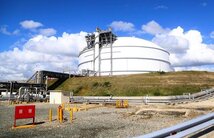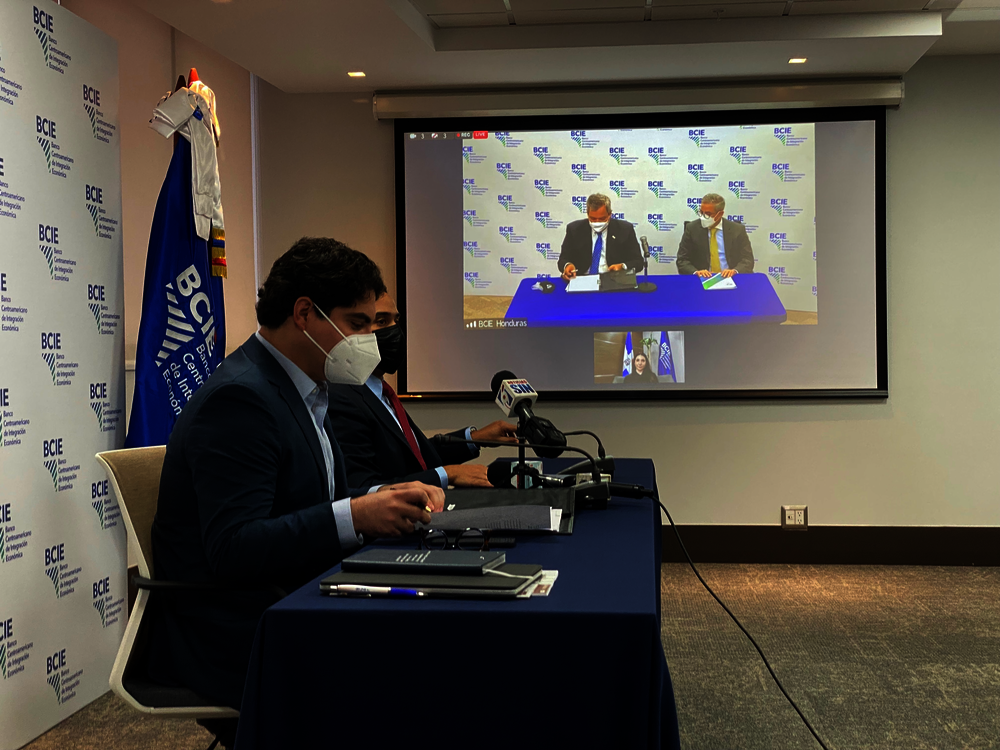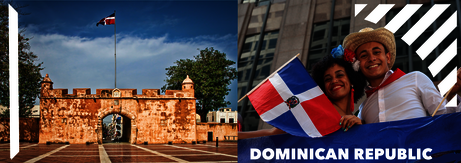Summary of operations
Road Infrastructure: Financing for 148 kilometers of highways.
Energy: Financing for the generation of 80 megawatts of clean renewable energy.
Agro Sector: US$ 60 million for the strengthening of the agricultural sector with a sustainable technological approach.
A 228% increase in the amount estimated in the 2021-2026 country strategy, reaching US$ 1.8 billion. In the previous five-year period the disbursement amounted US$ 533.9 million.
PROJECTS

Coral Highway Project
It consisted of the construction of a 70-kilometer-long, 4-lane highway, for which financing of US$70.0 million was allocated.

Improvement and Expansion of the Eastern Road Corridor for road sections
San Pedro de Macorís-La Romana Section, La Romana Beltway Section and Eastern Tourist Boulevard Section, totaling 78 kilometers in length and representing the best road infrastructure in the country.

Palomino Hydroelectric Project
With a clean and renewable energy generation capacity of 80 megawatts, it is located in the Province of San Juan. For its execution, the Bank allocated financing for a total amount of US$ 130.0 million

Construction of a 50-kilometer gas pipeline in San Pedro de Macorís
Loan in favor of AES Dominicana for a total amount of US$54.00 million.

Montegrande Multipurpose Dam Project Phase III
With current financing of US$249.6 million
CABEI and BANDEX formalize US$30.0 million Global Credit Line to support Dominican MSMEs affected by COVID-19

BANDEX will lend these resources in U.S. dollars at competitive rates of between 4.30% and 7% assigned according to the individual risk assessment results.
Santo Domingo, September 21, 2021.- The Central American Bank for Economic Integration (CABEI) and Banco de Desarrollo y Exportaciones, S.A. (BANDEX) formalized today the previously approved Global Credit Line for up to US$30.0 million which will be available for financing, in dollars, to micro, small and medium-size companies at competitive rates of between 4.30% and 7%, depending on the risk assessment results.
Regarding this initiative, CABEI Executive President Dr. Dante Mossi said, "CABEI is pleased to be able to support our partner, the Dominican Republic, through the BANDEX Development and Export Bank, with resources that will enable the economic reactivation of key sectors that generate productive linkages that translate into job opportunities and a better quality of life.
During the event, CABEI Director for the Dominican Republic, Hostos Rizik, expressed that the Central American Bank for Economic Integration is a strategic partner of BANDEX, not in words, but with concrete actions, technical support, financing and accompaniment, because we are certain that the recent transformation of BANDEX will translate into more development, growth and opportunities for our country.
Juan Mustafa, General Manager of the Development and Export Bank, thanked CABEI for its support and explained that the resources will be available starting in October to grant credit facilities, in dollars, to micro, small and medium-sized enterprises, with initial competitive rates of between 4.30% and 7%, assigned according to the risk assessment results.
"We urge companies to approach BANDEX to evaluate their projects and initiatives, we will offer them accompaniment to choose the right financial facilities according to their capabilities and to achieve their growth objectives" said Mustafa.
It is estimated that the implementation of these resources will benefit 857 legal entities, which provide an average of 40 jobs each, which translates into more than 34,000 beneficiaries. In addition, this intervention would contribute to maintaining 79 permanent jobs, 39.0% of which are held by women.



